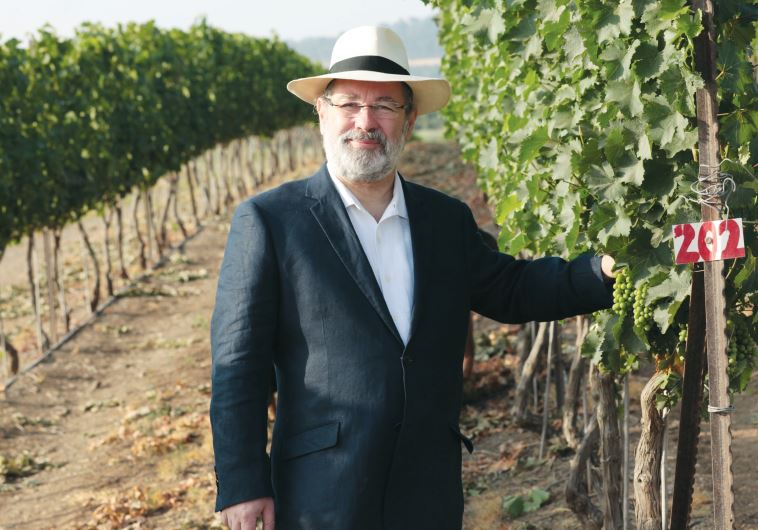Wine Talk: A blend of wine, Judaism and Zionism
Miodownik combined his winemaking skills with his Zionism and religion by founding a winery in Israel.
 Pierre Miodownik is credited with creating the first quality kosher wine in France in 1986Updated: Read More
Pierre Miodownik is credited with creating the first quality kosher wine in France in 1986Updated: Read More